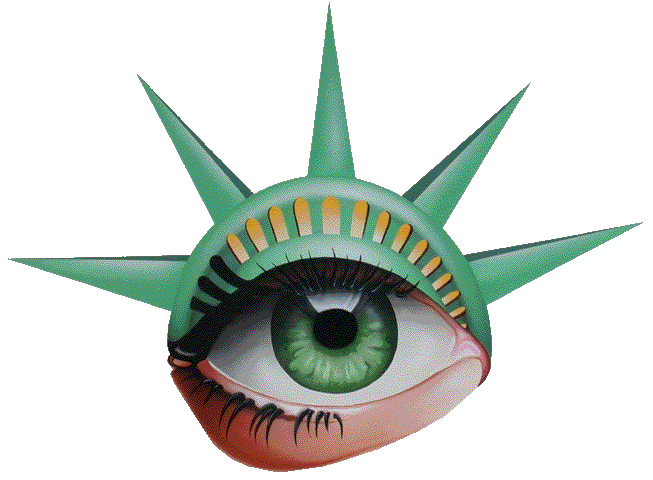Eye twitching, medically known as myokymia, is a common condition. It often affects one eyelid, typically the lower one. Eye twitching can be mild and almost unnoticeable or more pronounced, affecting your vision.
Possible Causes of Eye Twitching
Eye twitching can be triggered by various factors. Some common causes include:
- Stress: High levels of stress can cause muscle spasms.
- Fatigue: Lack of sleep can lead to eye strain.
- Caffeine: Excessive caffeine intake may trigger twitching.
- Eye strain: Prolonged screen time can cause digital eye strain.
- Dry eyes: Insufficient lubrication can lead to irritation.
- Allergies: Eye irritation from allergens can cause twitching.
- Nutritional imbalances: Deficiencies in certain nutrients, like magnesium, can lead to muscle spasms.
Detailed of Eye Twitching Causes and Meanings
| Cause | Description | Additional Information |
|---|---|---|
| Stress | High stress levels trigger muscle spasms, including in the eyes. | Manage stress through relaxation techniques and exercise. |
| Fatigue | Lack of sleep leads to eye strain and twitching. | Ensure adequate sleep to prevent fatigue-related twitching. |
| Caffeine | Excessive caffeine consumption can cause muscle twitching. | Limit caffeine intake to reduce twitching. |
| Eye strain | Prolonged use of screens causes digital eye strain. | Take regular breaks from screens to prevent strain. |
| Dry eyes | Insufficient lubrication leads to eye irritation and twitching. | Use lubricating eye drops to keep eyes moist. |
| Allergies | Allergic reactions cause eye irritation and twitching. | Treat allergies with appropriate medication to alleviate symptoms. |
| Nutritional Imbalance | Deficiencies in essential nutrients like magnesium can lead to muscle spasms, including eye twitching. | Maintain a balanced diet rich in essential vitamins and minerals. |
When to See a Doctor
Most eye twitches are benign and resolve on their own. However, there are instances when you should seek medical advice:
- Persistent twitching: If it lasts more than a few weeks.
- Severe twitching: If it closes your eye completely.
- Other symptoms: If accompanied by other symptoms like drooping eyelids or changes in vision.
- Facial involvement: If other parts of your face are affected.
Related Services at Liberty Laser Eye Center
At Liberty Laser Eye Center, we offer various services to help diagnose and treat eye twitching and other eye-related conditions. These include:
- Comprehensive eye exams: Detailed assessments to identify any underlying causes.
- Dry eye treatment: Specialized treatments to address dry eye syndrome.
- Allergy testing: To identify and manage eye allergies.
- Nutritional counseling: Guidance on diet to ensure adequate nutrient intake.
- Stress management resources: Techniques and resources to help manage stress effectively.
Why Choose Liberty Laser Eye Center?
Choosing Liberty Laser Eye Center ensures you receive expert care from a team dedicated to your eye health. Our state-of-the-art technology and experienced professionals are committed to providing personalized care tailored to your needs. We offer comprehensive services to address all aspects of eye health, ensuring you receive the best possible care.
In-depth Questions Related to Eye Twitching
How can stress cause eye twitching?
Stress affects the body in various ways, including causing muscle spasms. High stress levels trigger the release of adrenaline, leading to muscle tension and twitching. The delicate muscles around the eyes are particularly susceptible to these spasms. Managing stress through relaxation techniques, exercise, and sufficient sleep can help reduce eye twitching.
Can nutritional deficiencies lead to eye twitching?
Certain nutrients are crucial for proper muscle function. Deficiencies in magnesium, for example, can lead to muscle spasms, including in the eyelids. Ensuring a balanced diet rich in essential vitamins and minerals helps maintain muscle health and prevent twitching. Foods high in magnesium include nuts, seeds, and leafy green vegetables.
What is the impact of screen time on eye twitching?
Prolonged screen time can cause digital eye strain, leading to fatigue and eye twitching. The blue light emitted by screens strains the eye muscles, causing discomfort. To prevent digital eye strain, take regular breaks using the 20-20-20 rule: every 20 minutes, look at something 20 feet away for at least 20 seconds. Additionally, using blue light filters and maintaining proper screen distance can help reduce strain.
How can dry eyes contribute to eye twitching?
Dry eyes result from insufficient lubrication, causing irritation and twitching. Factors like prolonged screen time, environmental conditions, and certain medications can lead to dry eyes. Using lubricating eye drops and maintaining proper hydration can alleviate symptoms. For persistent dry eyes, consult an eye specialist for appropriate treatment options.
Conclusion
Eye twitching, though often benign, can be a sign of underlying issues. Addressing factors like stress, fatigue, and nutritional imbalances can help prevent twitching. At Liberty Laser Eye Center, we offer comprehensive services to diagnose and treat eye-related conditions. Our expert team is dedicated to providing personalized care to ensure your eye health.
If you experience persistent or severe eye twitching, don’t hesitate to contact us. Our state-of-the-art technology and experienced professionals are here to help. Visit us to learn more about LASIK recovery and other eye care services.
Contact Liberty Laser Eye Center today to schedule an appointment and take the first step toward better eye health. Our team is ready to assist you with any concerns or questions you may have. Let us help you achieve optimal vision and comfort.
For more information, visit our website and explore the best ways to improve your vision, LASIK surgery details, and more. We’re here to provide the best care for your eyes.


